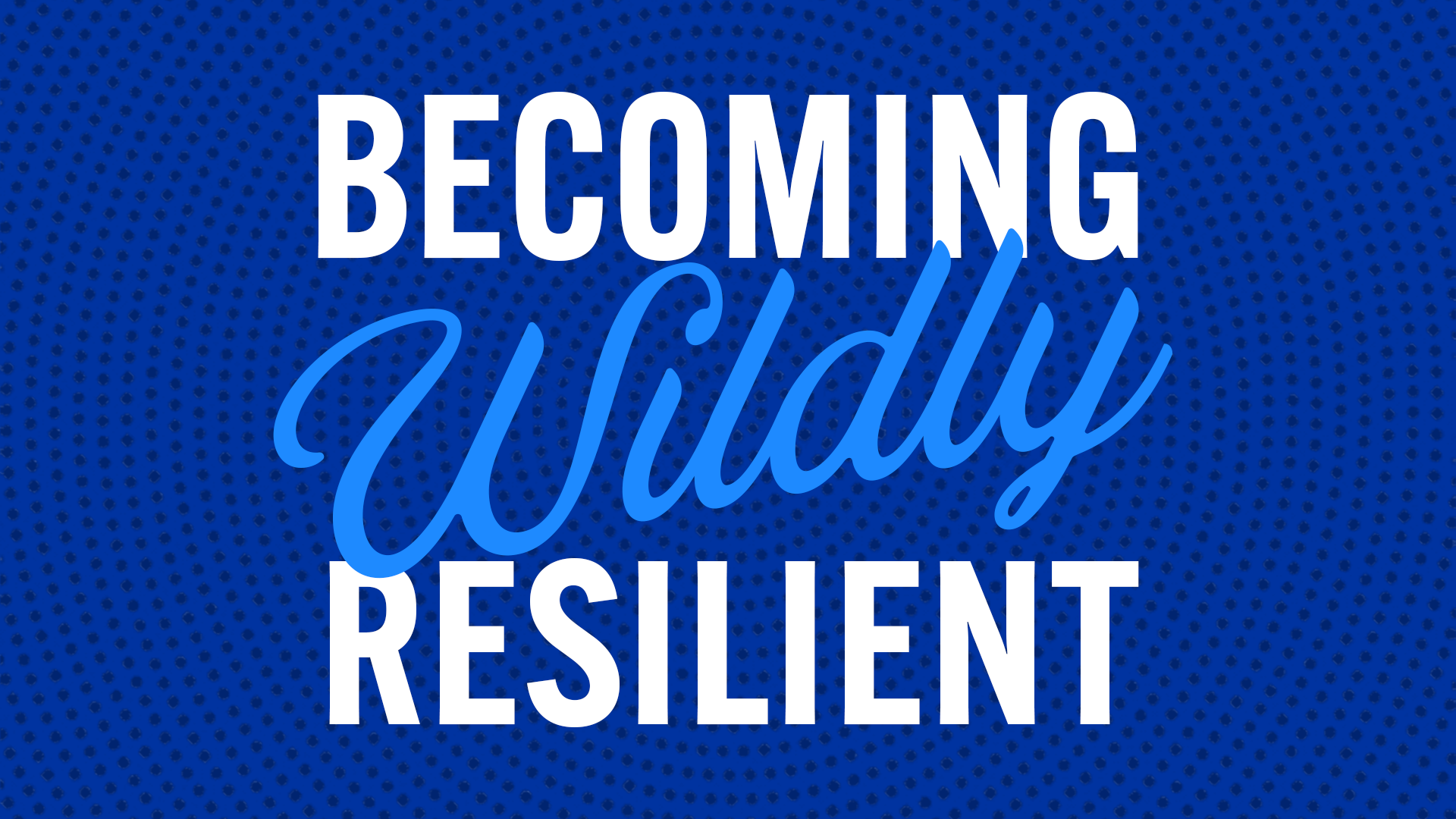Becoming Wildly Resilient Practice: Identifying Values
Listen as new host Amy Rodquist-Kodet, certified health coach with UK HR Health and Wellness, leads you through a process for identifying, narrowing and integrating your values. You can download the worksheet below to follow along. Each month, Amy will explain a new practice you can try to build your resilience and thrive more.
Mentioned in this episode
- Worksheet: values worksheet
- Support:
- Transcipt: view the episode transcipt here
Connect with us
Have feedback or suggestions for future topics? Email us at healthandwellness@uky.edu.
You can listen and follow all episodes of "Becoming Wildly Resilient" wherever you find your podcasts. Spotify listeners can also interact with questions and polls or send a voice memo within the app. Find us on social media and YouTube by searching @ukywellness or by email at healthandwellness@uky.edu.


